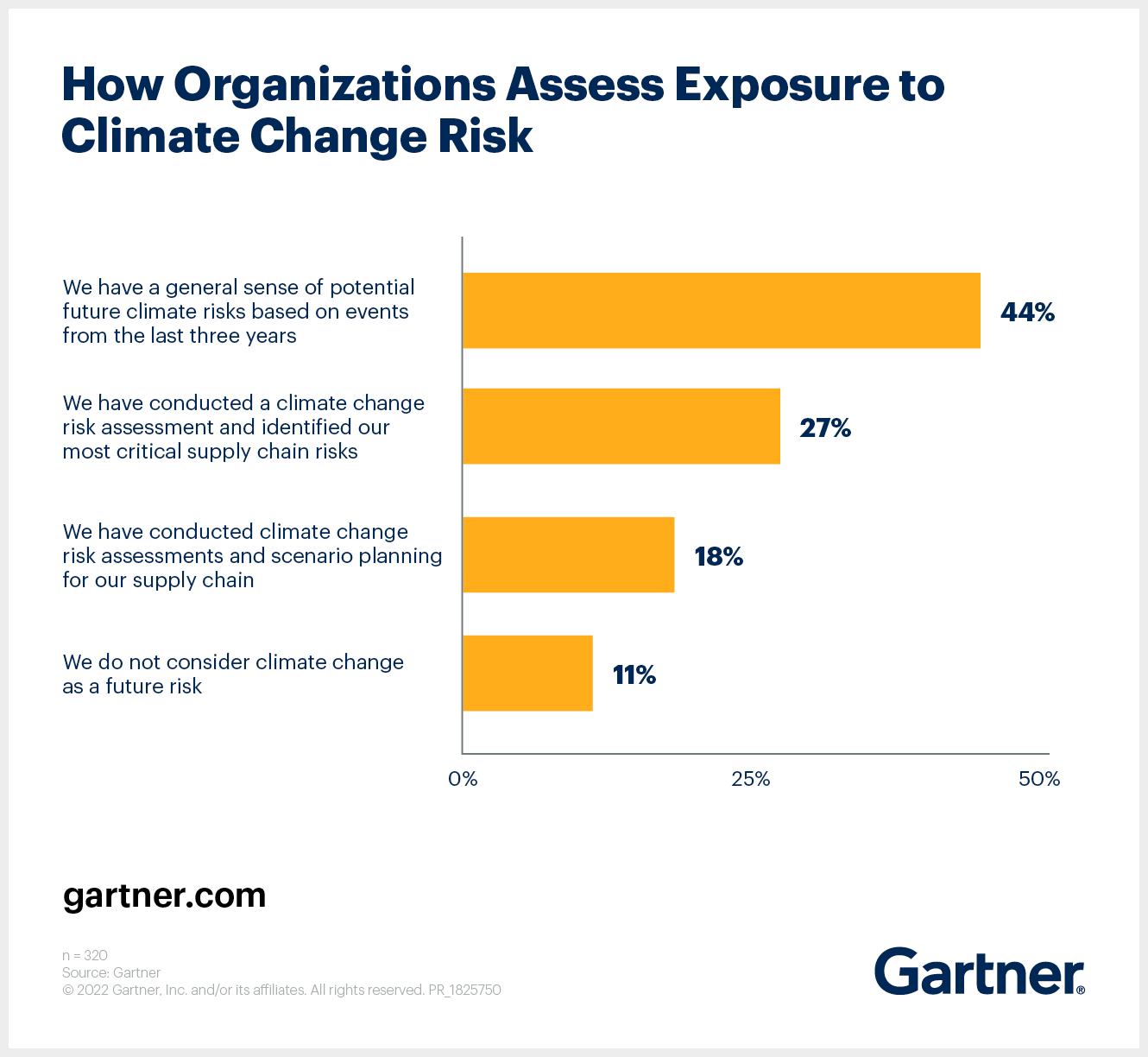Inflation, weakening demand, social instability and the war in Ukraine are leading to tumultuous developments in road freight prices, reveals the Ti / Upply / IRU Road Freight Rate Benchmark for Q2 2022. For the first time, this edition offers a separate analysis of the evolution of spot and contract rates.
- The European contract road freight rate index reaches an all-time high of 121 points in Q2 2022, up 6.1 points quarter-on-quarter and 13.1 points year-on-year.
- The European spot road freight rate index also reached a record high of 134 points, up 11.8 points from Q1 2022 and 20.1 points from Q2 2021.
- Inflation is rising in all European countries and reached a record high of 8.6% in the Eurozone in June, weighing on costs and demand.
- While diesel prices have varied by country since prices have remained elevated in July and are 69% above the January level.
The European Road Freight Rates Benchmark, produced by Transport Intelligence, Upply and IRU, analyses European road freight rates and market outlooks on a quarterly basis, to inform the decisions of shippers, transport providers and hauliers.
For the first time since the beginning of the report, Ti, Upply and IRU are able to offer a differentiated analysis of spot and contract rates in this edition covering Q2 2022.
- War in Ukraine: Following the invasion of Ukraine, in March, the EU-27 pre-tax diesel price jumped 69% from its January level.
- Demand weakening: Multiple indicators point to a weakening demand for European road freight, with declining activity in all major economies and inflation rates weighing on consumer and business confidence.
- Rising inflation: Inflation is rising in all European countries and reached a record high of 8.6% in the Eurozone in June. According to the latest data, Spain is experiencing the highest increase with a price rise of +10.2%, higher than the other major European economies of Germany (7.9%), France (5.8%), Italy (8%) and the UK (9.1%).
- Driver shortage: The shortage affects the entire European continent. Germany is in a particularly critical situation with an estimated shortage of 50,000 to 80,000 truck drivers. Migrant workers account for 24% of the German driver workforce and the loss of Ukrainian citizens returning to defend their country has further restricted the supply of drivers in Germany.
- France/Spain: This corridor has seen very significant increases in spot rates. In particular, the increase reached 21.2% quarter-on-quarter in the Paris-Madrid direction. This is almost twice the average increase in European spot rates and is also the second highest increase of all European spot rates.
- Germany/Poland: All rates, with the exception of spot rates from Duisburg to Warsaw, have reached new historical highs on this route after having followed an upward trend since the beginning of the pandemic. Contrary to the relationship observed on most European routes, spot rates on this route increased more slowly than contract rates. Demand has been affected in particular by the weakening of the industry in Germany and Poland. The instability created by the conflict in Ukraine is particularly noticeable in this part of Europe and also affects the development of industrial prospects.
- France / Great Britain: Following the Brexit, transport operations between France and Great Britain have become more expensive and longer. Researchers at the London School of Economics (LSE) have found that while exports have largely recovered, British imports from the EU have fallen by 25% compared to other destinations. In addition, the variety of goods traded fell by 30%. Low value goods were the most affected by the increase in administrative costs.
Thomas Larrieu, Chief Executive Officer at Upply, comments: “The lull in European demand should slow the upward pressure on road freight rates. On the other hand, hauliers are still facing significant cost increases (fuel, labour, etc.), so rates are likely to remain at high levels in the coming months.”
Nathaniel Donaldson, Economic Analyst at Ti said: “The effect of rising costs in 2022 is now very evident with road freight rates across the European continent reaching new all-time highs. Initial fuel price rises following the invasion of Ukraine have held and produced a much more costly environment for European road carriers whilst industrial action and a worsening driver shortage keep capacity tight. A range of indicators are pointing towards a drastic slowdown in consumption and production which will ease further increases while high costs keep rates elevated.”
CLICK HERE to download a copy of the full benchmark report.












